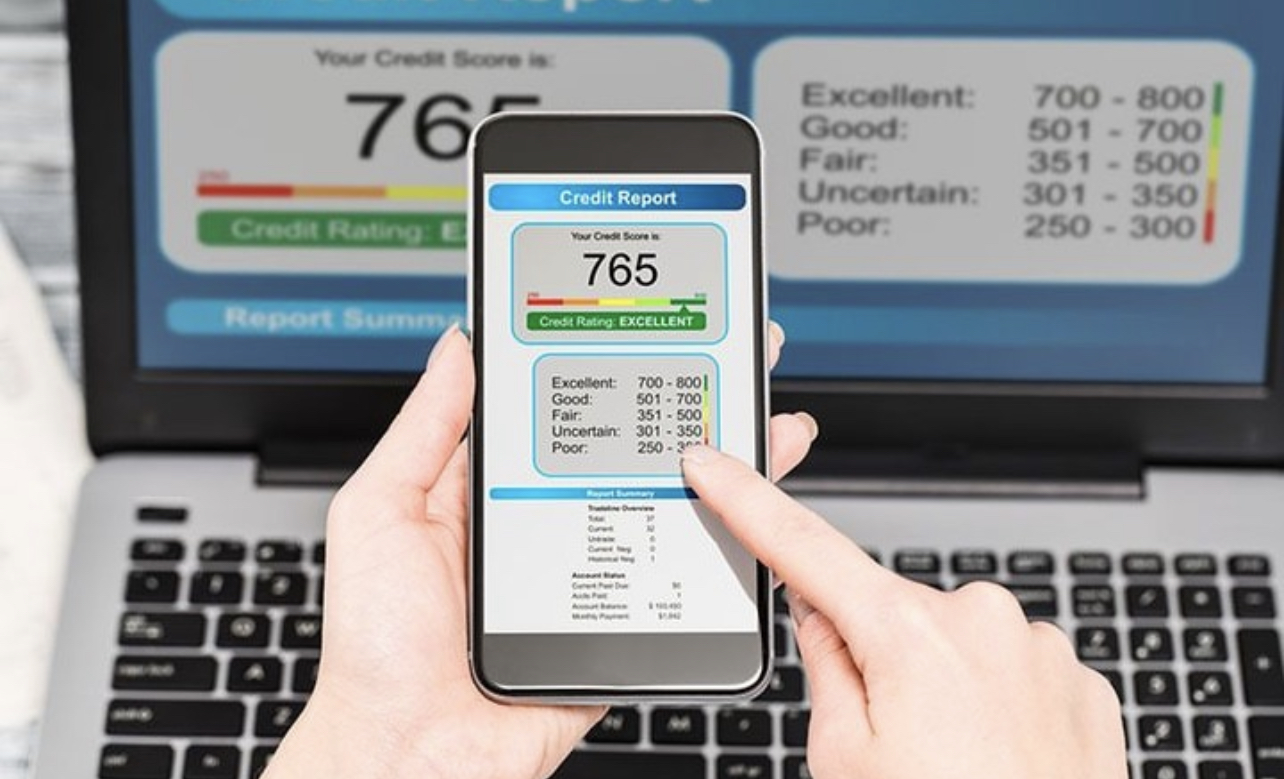How Do Student Loans Affect Your Creditworthiness
- Yorlene Cintra

- 10 oct 2023
- 4 Min. de lectura

Credit scores won’t be dinged for nonpayment for the first 12 months – repayment on loans will restart this month.
As a young person just out of college, you might be wondering, how do student loans affect your credit? Well, the impact of these loans can either be positive or negative. It all depends on how you manage the loan’s repayment.
While In college , the loans may be pretty helpful, but after graduating, everything changes. Missed repayments will start eating away at your financial life. On the other hand, timely repayments will see you off to greater financial freedom. For more on this, here are how student loans affect your credit.
The Positive Effects
– They Give You a Long Credit History
Your credit history length plus your account’s average age are some of the things that impact your credit score. The length of credit history has a 15% influence on your score.
With student loans having payment plans extending up to 10 years, your score will certainly be boosted if you make the payments as required. However, you should aim to repay the loans in a shorter period to reduce the payable interest.
– Making On-Time Monthly Payments Will Boost Your Score
Your payment history on student loans accounts for 35% of your score. If your payments are timely and the required minimum is met, your score will soar.
For better scores, pay more than the minimum monthly payment. Think of this as paying forward- enabling you to enjoy lower rates on future loans like mortgages.
– Student Loans Can Help You Establish Your Credit Score
For many young people just fresh out of school, student loans help you in getting your credit file opened. This information will be used by credit bureaus in scoring you. This will keep you from joining the millions who are “Credit Invisible.
Without this file or data, creditors won’t have a base on which to grade your creditworthiness. You may end up paying more on rent, car rates, and so on.
– Student Loans Help In Building Your Credit Mix
Credit mix refers to the different lines of credit that you take over some time—for example, car loans, credit cards, and mortgages among others. A healthy credit mix is very good for your credit; 10% of your credit score will be judged on it.
The Negative Effects
– Late Payments Damage your Credit
Late payments are reported to credit bureaus and will stick in your report for at least 7 years. This will lower your credit score. Also, they will attract late fee charges from your loan servicer. If you have numerous loans with the same creditor, a missed payment on one loan will reflect badly on all the loans.
Keep in mind, with President Biden’s student loan repayment pause, payments and interest on student loans have been suspended until August, 31st 2022 (Update: student loan repayment is restarting in October of 2023.) This does not, however, mean the loan is forgiven, only that making payments isn’t required at this time.
Student loans might also put you under financial pressure. This can lead to late payments on other loans such as credit cards, wrecking your score further.
– Defaulting can Lower your Access to Credit
To lenders, late payers are tolerable compared to defaulters. Defaulters make creditors lose money. As a person paying a student loan, you should never default.For a missed payment to be considered defaulting, it must be over 270 days. After this period, the total amount of your student loan will be due from that point onwards. A default remains on your credit report for 7 years from the default date.
What does this mean? For 7 years your credit access chances will be very low. No creditor will want to take a risk with you. You should never allow your account to be in collections.
– High Balances will Increase your DTI
Getting approved for new credit is hard if you have high balances on an existing loan. All this has to do with your debt-to-income (DTI) ratio, i.e. the fraction of your total monthly income that is meant for debt repayment.
If your debt-to-income ratio is high, it shows you are not very committed to resolving your situation hence creditors avoid you. Additionally, DTI has a 30% influence on your credit score.
This will make purchasing a house nearly impossible, especially given the current housing market. With supply shortages, real estate prices have gone to record highs, all while interest rates have been soaring – causing banks to become very stringent on DTI ratios when approving mortgages.
Final Word
Fortunately, when it comes to creditworthiness, the influence of installment loans such as student loans is not as strong as that of revolving credit. If you’ve mishandled your student loans in the past, you may be able to get some negative items removed
from your credit report. It’s important, however, that an effort is made to pay off the loan as it never goes away until you’re deceased. Also, by clearing these loans, their negative impact on your credit score will start fading over time.







Comentarios